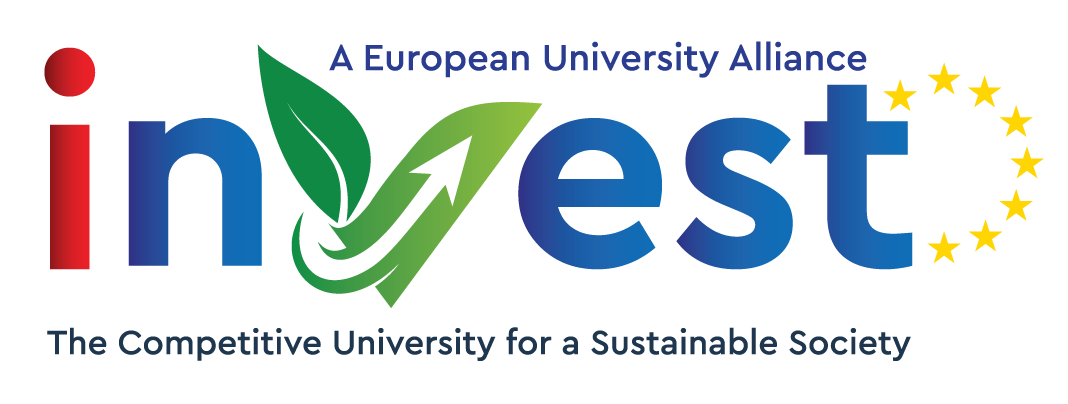ICONHIC
ICONHIC
The International Conference on Natural Hazards and Infrastructure (ICONHIC) is where engineers, financiers, policymakers, and academics meet to exchange ideas and opinions to advance scientific and technical knowledge for natural disasters and work together towards a more sustainable and resilient future. The conference was founded in 2016 as a response to the need for a landmark event that will gather a broad field of expertise, aiming to prevent and reduce the risk of extreme natural events and their consequences on our infrastructure and lifelines. ICONHIC is sponsored by a large number of industry organizations and societies, who work in cooperation with academia to put in place an event that fosters collaboration between different stakeholders and attracts a large number of attendees worldwide. The overarching goal is to be prepared within the highly changing environmental conditions and to develop future-ready societies.
Our Presenter and academician Dr. O. Iatrellis introduced and proposed the RES-Q approach:
During the last decade, communities at a local and national level are implementing actions geared toward improving disaster resilience. In this context, the importance of ICT in disaster risk management is rapidly increasing globally, especially nowadays amidst the climate crisis and the covid-19 pandemic. However, disaster risk management operations require contributions and collaboration of different types of actors and infrastructures with different functions, rules, protocols, and datasets, forming complex contexts in decision making and event coordination. Hence, semantic interoperability between the various stakeholders is one of the challenges to be confronted. So, the RES-Q (RESCUE) approach proposes an information technology solution concerning the real-time recommendation and orchestration of post-disaster response plans. The implemented RES-Q prototype comprises an expert system and a workflow execution engine based on an ontological infrastructure for modeling the response actions for each type of disaster. The ontological model is designed using a multi-layer approach encapsulating the required knowledge streams and a semantic rule repository. During the execution of a post-disaster plan, the system reasons over the rules and composes the next steps of the corresponding response processes. The rule repository can infer new knowledge as each plan progresses, which can update the RES-Q ontology accordingly. The current research work has been developed within the RES-Q Living Lab (RESCUE Living lab) under the framework of the INVEST4EXCELLENCE program
The presentation of Dr. O. Iatrellis
https://www.youtube.com/watch?v=JhMde-q7VpE
Curated by Andriana Gerondis
